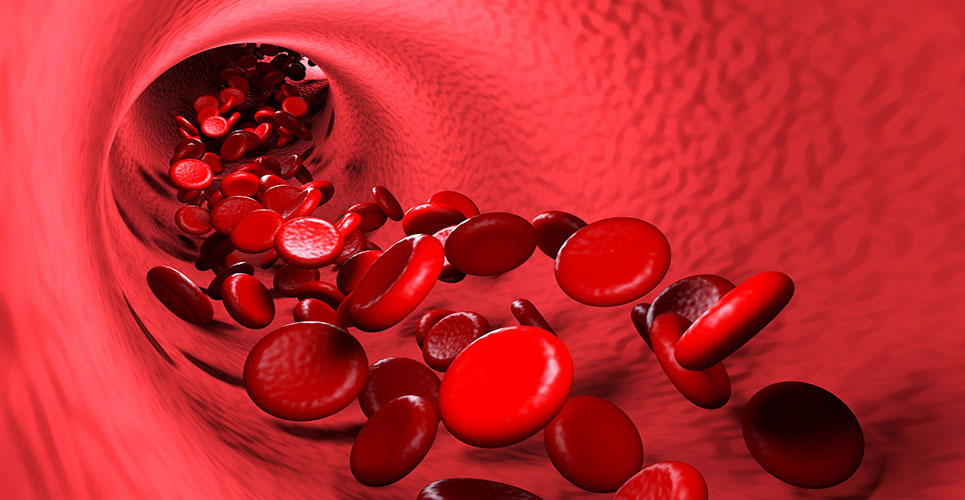teaser
Adjusted-dose oral anticoagulation and antiplatelet drugs are effective for reducing stroke risk in patients with nonvalvular atrial fibrillation (AF), but oral anticoagulation is markedly more effective.
Such are the findings of a meta-analysis just published in Annals of Internal Medicine.
The study authors note that AF is a known cause of strokes, but that treatment with drugs that modify the clotting process can reduce this risk. A 1999 meta-analysis involved 16 randomised controlled trials, but several trials have been published since then. This paper provides an updated analysis.
The authors carried out a comprehensive literature search for randomised controlled trials of antithrombotic drugs in patients with AF with follow-up lasting at least 12 weeks. Outcomes analysed were all-stroke, ischaemic and haemorrhagic stroke separately, major extracranial bleeding, and all-cause death; criteria used were those of the original study.

As ischaemic and haemorrhagic strokes were not reliably differentiated in all studies, “all-stroke” was taken as the primary outcome. Results were analysed to give relative and absolute risk reductions for treatment groups compared to controls.
The authors conclude that their analysis has confirmed the benefits of antithrombotic therapy for patients with AF. Compared to the previous analysis, the number of trials has increased by 13 and the number of both participants and events more than doubled.
Adjusted-dose oral vitamin K antagonists are significantly more effective than antiplatelet agents, although these do have some benefit. Between 10% and 20% of patients are given warfarin plus antiplatelet therapy, but the evidence available so far is insufficient to confirm the safety or efficacy of this approach.
Overall, the authors suggest that their results reaffirm recommendations that patients with AF and a high risk of stroke will benefit significantly from adjusted-dose warfarin, with antiplatelet therapy being appropriate for those at low risk and those who cannot tolerate warfarin.
Ann Intern Med 2007;146:857-67

